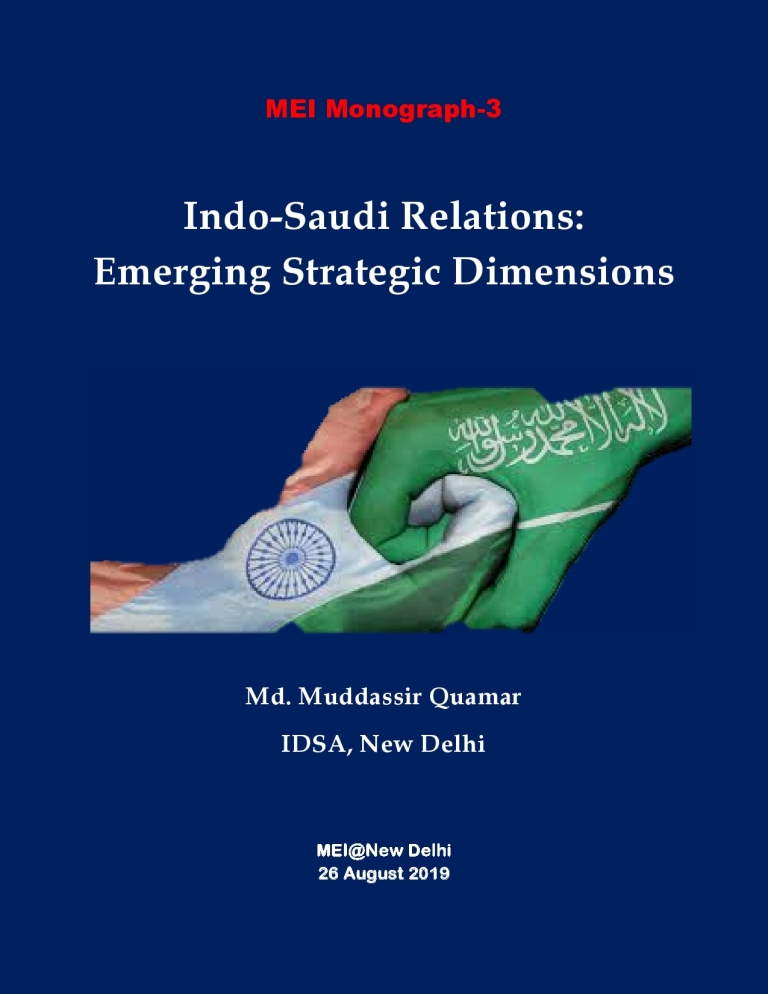Breaking
- MENU
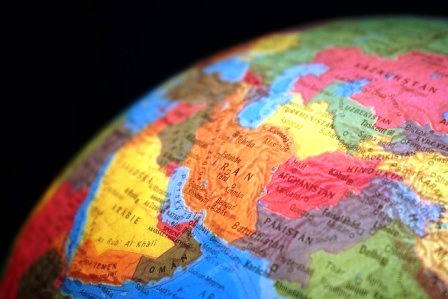
Major General Qassem Soleimani, commander of the elite Quds Force of the Iranian Revolutionary Guards Corps (IRGC), was killed in an American drone strike at Baghdad Airport on January 03, 2020. General Soleimani was a senior and popular military figure in Iran. He was the architect of Iran’s military expansion in West Asia (or the Middle East) through the creation and sustenance of armed militias that acted as Iranian proxies. Through Hezbollah, for example, Tehran has been able to exert significant influence in the Lebanese politics. Likewise, the Quds Force was behind the creation of Hashd al-Shabbi or Popular Mobilisation Force (PMF) in Iraq, which was not only instrumental in defeating the Islamic State of Iraq and Syria (ISIS) but also played a key role in establishing Tehran as an invincible political and military force in Baghdad. In Syria too, the Quds Force was actively involved in arming and training Shiite militias, who fought along with Hezbollah to defeat ISIS and the Syrian opposition.
The IRGC is also credited with aiding and supporting Houthi rebels in Yemen and Hamas as well as Islamic Jihad in the Palestinian territories posing grave security threats to Saudi Arabia and Israel, two key regional allies of the United States (US). Through these proxies, Iran was able to challenge the US military dominance in various theatres in West Asia.
While the US and Iran have been at loggerheads for over four decades, tensions have sharply risen under the Donald Trump Administration. Trump was a vocal critic of Iranian policies and its nuclear programme even before his election in November 2016. In May 2018, he withdrew from the Joint Comprehensive Plan of Action (JCPOA) signed between Iran and P5+1 (representing five members of the UN Security Council plus Germany) and re-imposed economic sanctions on Iran. Since then, the situation in the Persian Gulf has been on the boil with several tit-for-tat actions raising the chances of a direct military confrontation.
In June 2019, the US and Iran were on the verge of war after Iran shot down an unarmed US surveillance drone over the Strait of Hormuz. At the time, President Trump had remarked that the US decided to desist from military action only at the last minute considering the disproportionate casualty Iran would have suffered. In a series of tweets on June 21, Trump said “We were cocked & loaded to retaliate last night” and decided to stop only “10 minutes before the strike” after getting to know that nearly 150 Iranians will die in the process which would not be “proportionate to shooting down an unmanned drone.”
The situation again come to a head in September 2019 after the drone attacks on Aramco oil processing facilities in Khurais and Abqaiq in Saudi Arabia. Though Yemen’s Houthi rebels had claimed responsibility for the attacks, both the US and Saudi Arabia blamed Iran for targeting the Saudi oil installations. Again, President Trump had tweeted that the US is “locked and loaded” and that it will “work something out” with Saudi Arabia to device an appropriate response. Trump had then authorised the use of the US emergency oil reserves to ensure stable global supplies and issued new economic sanctions against Iranian financial agencies.
The current escalation is largely a result of the simmering situation in Iraq since October 2019. Iraq has witnessed a series of protests against corruption, ineffective governance and economic hardships as well as Iranian and American meddling in government and politics. The protestors had on more than one occasion targeted the Iranian consulates in different Iraqi cities including Najaf and Basra. Reports suggest that over 500 Iraqis have lost their lives due to action taken by police and PMF against the protestors in 2019. To counter popular discontent against Iran, Kataib Hezbollah, an Iran-backed Iraqi Shiite militia, had organised a protest in Baghdad which culminated in the attack and arson at the US Embassy on December 31.
The US blamed General Soleimani of authorising the attack on its embassy. It also revealed that the decision to eliminate Soleimani was taken in order to neutralise an imminent attack on the US interests that he was planning. The statement issued by the US Department of Defence noted that Soleimani was “actively developing plans to attack American diplomats and service members in Iraq and throughout the region” and that “this strike was aimed at deterring future Iranian attack plans.” For his part, Trump stated that “General Qassem Soleimani has killed or badly wounded thousands of Americans over an extended period of time, and was plotting to kill many more” and that he “should have been taken out [killed] many years ago!” US Secretary of State Mike Pompeo too said that “There was an attack that was imminent that could have killed dozens or hundreds of Americans. We found an opportunity and we delivered ... we took him off the battlefield.”
Soleimani’s killing has evoked angry reactions from Tehran and Baghdad. Many senior Iranian and Iraqi leaders have condemned the American strike and have called for avenging Soleimani’s death. While announcing three-day mourning, Iranian Supreme Leader Ayatollah Ali Khamenei said that the General was martyred in the service of Iran and Muslims and that “harsh revenge awaits those criminals who have tainted their filthy hands with his blood.” Khamenei also called an extraordinary meeting of the Supreme National Security Council to review the situation after the US strike. The outpouring of public angst against the US action on the streets of Tehran, Mashhad and Ahvaz during Soleimani’s funeral procession indicated the popular sentiment prevailing in Iran. Iranian Foreign Minister Javad Zarif tweeted that “The US bears responsibility for all consequences of its rogue adventurism.”
On January 08, Iran attacked important US military bases in Iraq. Khamenei termed the attack as a “slap in the face” of the US. Zarif, however, was more circumspect when he tweeted that Iran took the action in “self-defence under Article 51 of UN Charter” and that “we do not seek escalation or war.” After initial speculations about casualties, it became clear that the missile attack did not lead to any American or Iraqi loss of life. President Trump stated that “Iran appears to be standing down, which is a good thing for all parties concerned and a very good thing for the world.” Their statements seem to underline that both parties wish to avoid a full-blown war at the moment.
However, this does not indicate cessation of hostilities. Both the US and Iran have the ability to indulge in covert activities to harm each other’s interest. Tehran can use its proxies in Iraq, Syria and Lebanon to mount attacks against the US military personnel and installations in the region. Kataib Hezbollah (KH) and other Shiite militias can start insurgency within Iraq to harass the US forces there, especially since their deputy commander Abu Mahdi al-Muhandis too perished in the attack that killed Soleimani. The KH has launched rockets targeting the US Embassy in Baghdad and the al-Balad airbase nearby, housing the US Air Force personnel, though this also did not lead to any casualty.
In the long term, Iran might push for the complete ouster of the American military from both Iraq and Syria. On January 05, the Iraqi Parliament passed a resolution calling “to end the presence of any foreign troops on Iraqi soil and prohibit them from using its land, airspace or water for any reason.” Iran, however, will be cautious in choosing an all-out war given its vulnerabilities against the US military might.
Soleimani’s killing is the culmination of a series of events that began with the US withdrawal from JCPOA and re-imposition of unilateral sanctions on Iran. The US and Iran have been engaged in an intense geopolitical rivalry, but so far both had largely acted through proxies and regional allies. Iran is the only regional power that resists American military dominance in West Asia (or the Middle East). The incidents of the past year and a half underline that the US and Iran are heading towards greater confrontation, and General Soleimani’s killing is the clearest indication so far.
Note: This article was originally published in Institute for Defence Studies and Analyses on 13 January 2020 and has been reproduced with the permission of the author. Web Link
As part of its editorial policy, the MEI@ND standardizes spelling and date formats to make the text uniformly accessible and stylistically consistent. The views expressed here are those of the author and do not necessarily reflect the views/positions of the MEI@ND. Editor, MEI@ND: P R Kumaraswamy
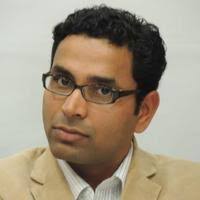
Md. Muddassir Quamar is an Associate Fellow in Manohar Parrikar Institute for Defence Studies and Analyses, New Delhi. He holds a Ph.D. in Middle East studies from Jawaharlal Nehru University and his doctoral thesis focused on social dynamics in Saudi Arabia in the context of the tensions between two seemingly non-harmonious trends; Islamization and modernization. He has a broader interest in Gulf societies, political Islam, Middle East geopolitics and India’s relations with the Middle East. He has co-authored two books India’s Saudi Policy: Bridge to the Gulf (Palgrave Macmillan, 2019) and Persian Gulf 2019: India’s Relations with the Region (Palgrave Macmillan, 2020). He is currently working on a manuscript on education reforms in Saudi Arabia. He has co-edited four anthologies, including Changing Security Paradigm in West Asia: Regional and International Responses (Knowledge World, 2020), Political Violence in MENA (Knowledge World, 2020), Islamic Movements in the Middle East: Ideologies, Practices and Political Participation (Knowledge World, 2019) and Contemporary Persian Gulf: Essays in Honour of Gulshan Dietl, Girijesh Pant and Prakash C. Jain (Knowledge World, 2015). His research papers have appeared in leading international journals such as Asian Affairs, Strategic Analysis, India Quarterly, Contemporary Arab Affairs, Digest of Middle East Studies, Journal of Arabian Studies and Journal of South Asian and Middle Eastern Studies. As part of his project in MP-IDSA, Dr. Quamar authored a monograph on Erdogan’s Turkey: Politics, Populism and Democratisation Dilemmas. Since 2018, he has served as the Book Review Editor for Strategic Analysis, the flagship journal of MP-IDSA published in association with Taylor & Francis. In May 2020, he edited an MEI Monograph Middle East Fights Covid-19: A Fact Sheet with contributions from students pursuing Masters in IR in JNU. He regularly contributes Op-Ed articles on developments in the Persian Gulf, Middle East and India’s relations with the region for Indian and international forums. In 2014-15, he was a Visiting Fellow at the King Faisal Center for Research and Islamic Studies, Riyadh. Dr. Quamar has been associated with the Middle East Institute, New Delhi, in various capacities since its foundation and serves as Associate Editor of its flagship journal, the Contemporary Review of the Middle East published by Sage, India.
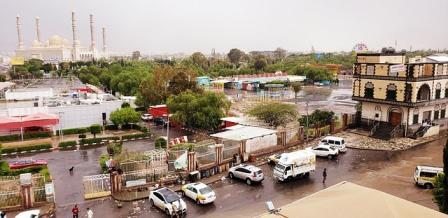
On January 17, 2022, the United Arab Emirates (UAE) was rocked by two attacks after drone attacks ta.....
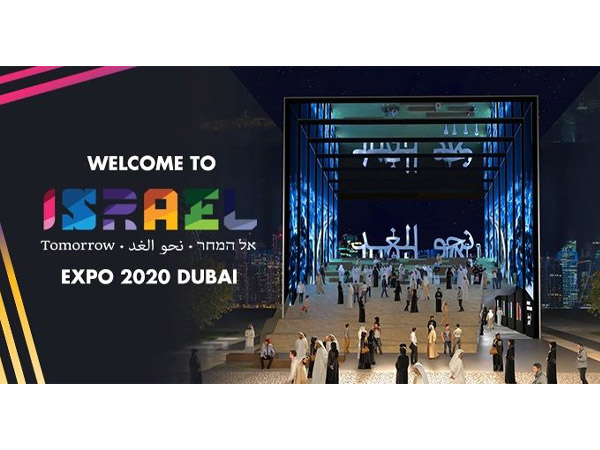
Within a span of just over a year since the announcement of the Abraham Accords, between Israel and .....
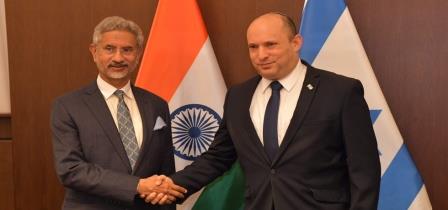
External Affairs Minister S. Jaishankar’s visit to Israel signifies the burgeoning Indo-Israel.....
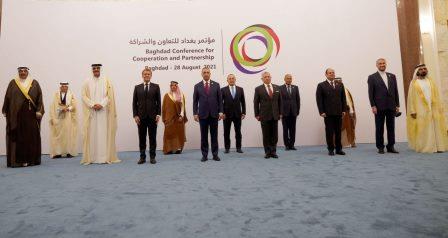
On 28 August 2021, Iraq hosted the first “Baghdad Conference for Cooperation and Partnership&r.....
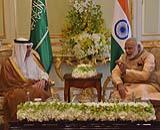
Recent developments in Afghanistan–the US military withdrawal and return of Taliban– has.....
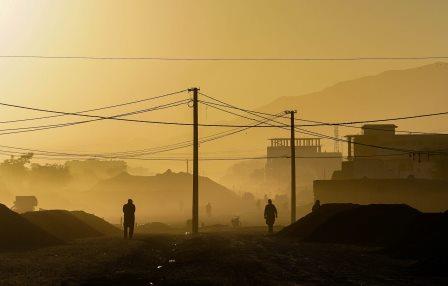
The Taliban takeover of Afghanistan has wider ramifications for the world. Among the key questions t.....
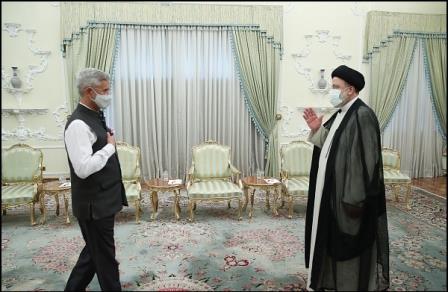
External Affairs Minister S. Jaishankar attended the swearing-in ceremony of the new Iranian preside.....
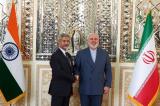
The revitalisation of ties with Iran will remain confined to the immediate issue of shared interests.....
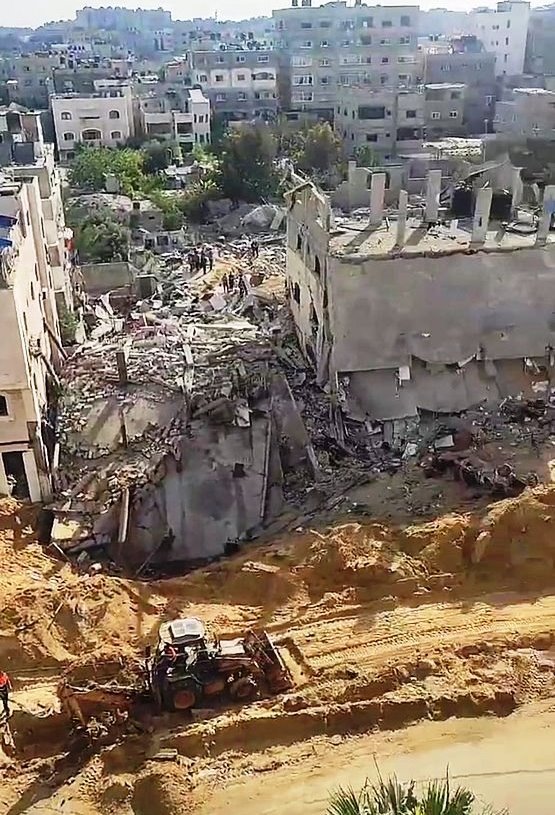
Israel and Hamas have engaged in fighting each other since 2006 when Hamas emerged victorious in the.....
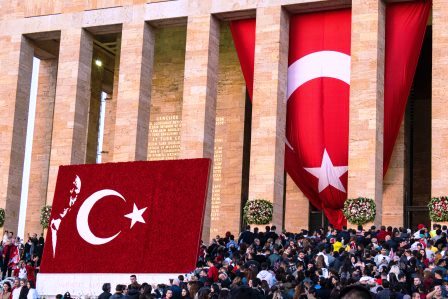
Tensions have gripped the Eastern Mediterranean (East Med) for the past few months owning to differe.....
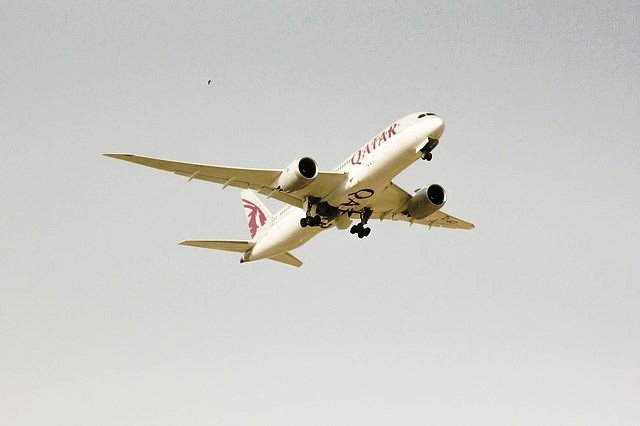
Qatar is an important country in the Gulf with which India has traditionally had strong bilateral ti.....
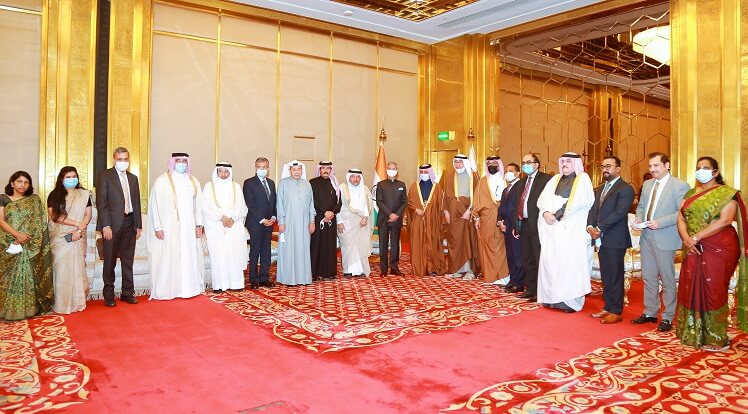
International geopolitical developments and the growing chances of friction between the global power.....
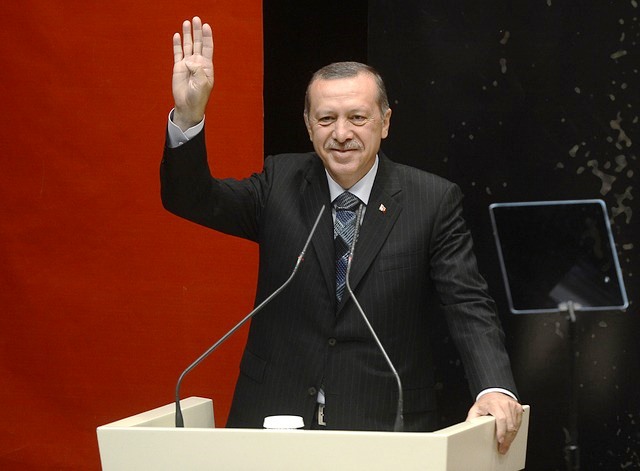
In recent years, Turkey’s foreign policy has attracted scrutiny because of its aggressive post.....
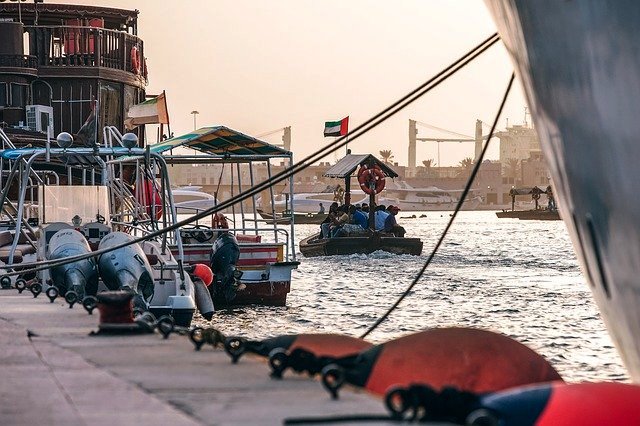
India and the United Arab Emirates share a vision for peace and prosperity. Under the leadership of .....
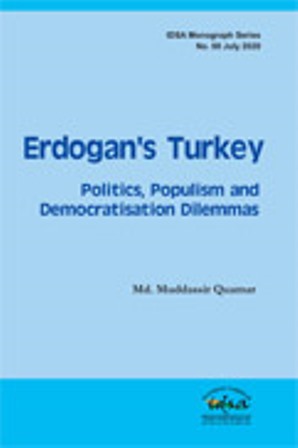
The coming to power of the AKP is one of the defining moments in the history of modern Turkey. Here .....

Though the news of China and Iran entering into US$400 billion agreement and Iran going ahead with C.....
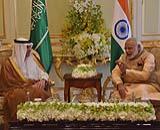
India’s relationship with the Gulf has witnessed a qualitative transformation since the August.....
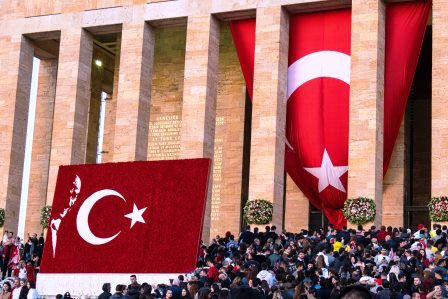
The results of country-wide municipal elections in Turkey held on 31 March 2019 threw a few surprise.....
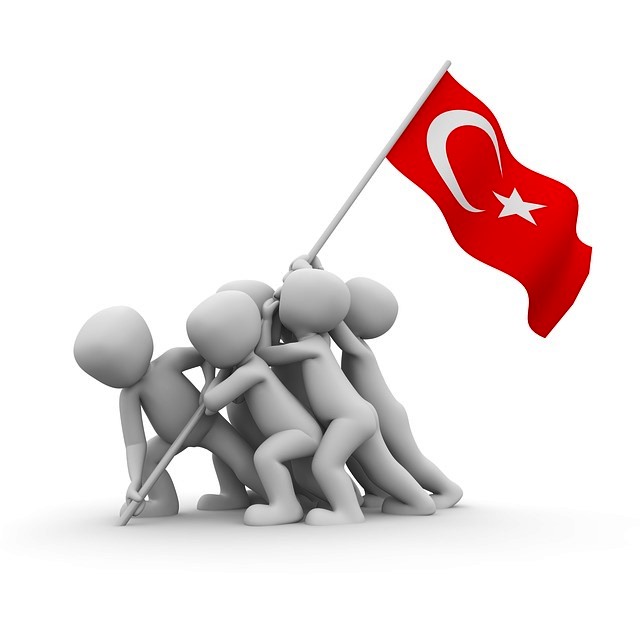
Like other parts of the world, West Asia (or the Middle East) too is hit hard by the spread of COVID.....
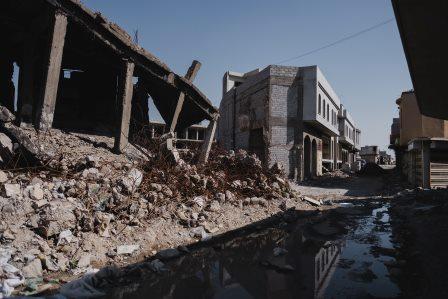
Iraq is suffering from internal divisions and external interventions for long. The problems of the p.....
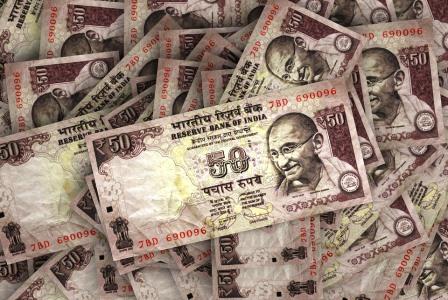
The West Asia is one of the most volatile and conflict-ridden regions in the world today. Given the .....
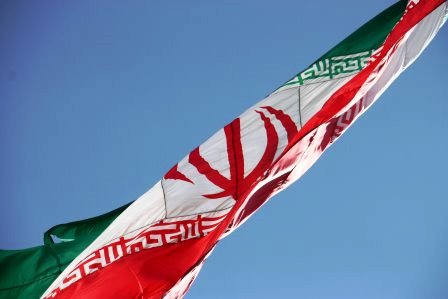
In the Persian Gulf, the New Year began with a bang. On January 3, the world woke up to the news of .....
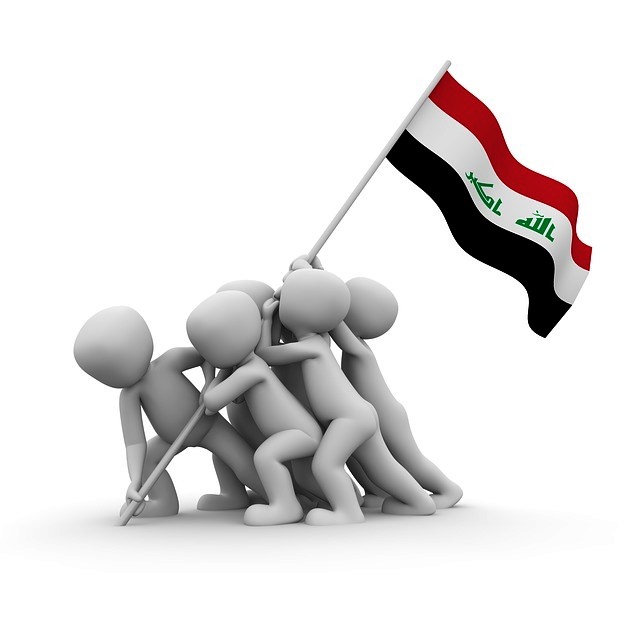
For over two months, youth in Iraq are protesting against corruption, unemployment and Iranian and A.....
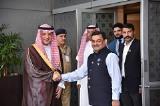
The historic relations between India and the Gulf countries have undergone a qualitative transformat.....
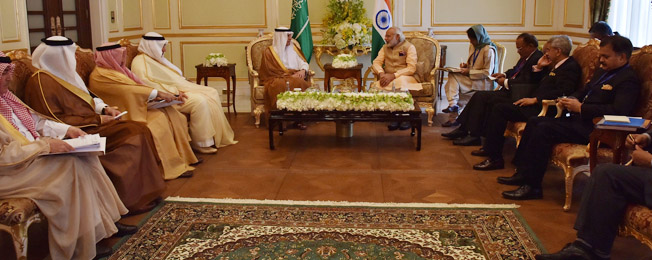
India and Saudi Arabia enjoy traditional friendly ties. Both are strategic partners and are working .....
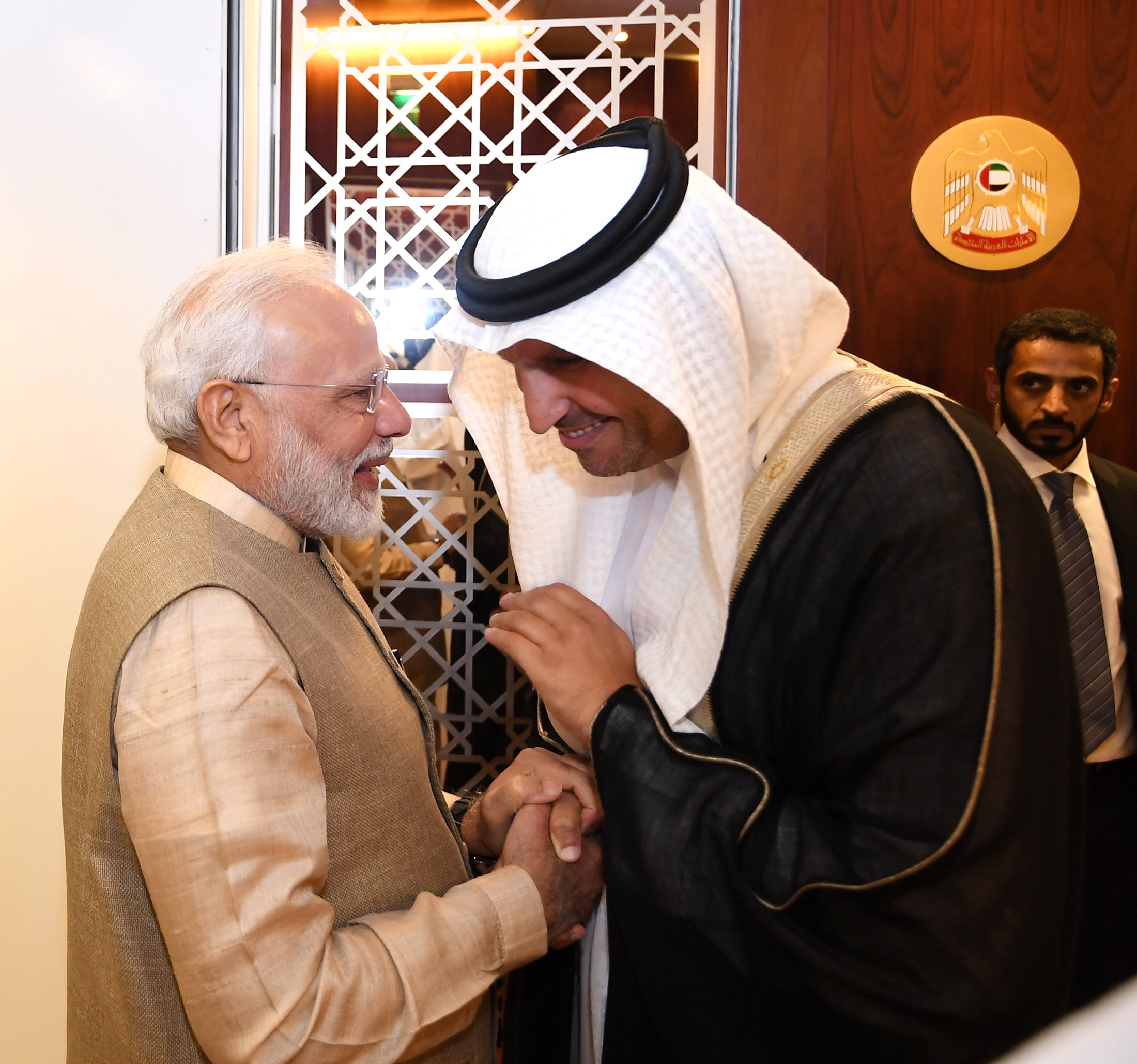
Prime Minister Narendra Modi undertook a visit to the UAE and Bahrain over the weekend. This was his.....
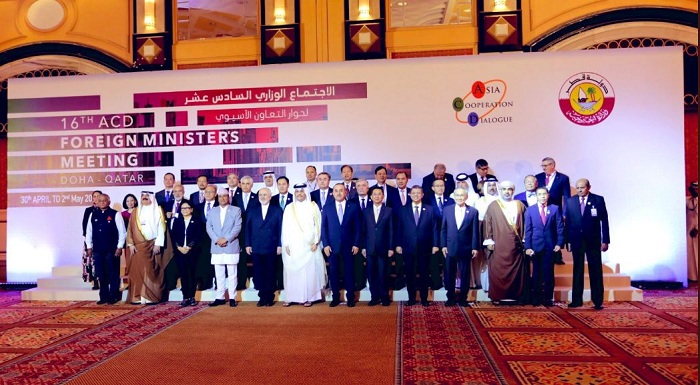
The 16th Ministerial meeting of the Asia Cooperation Dialogue (ACD) took place in Doha this week. Th.....
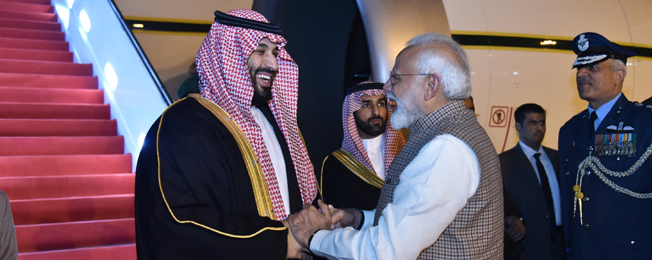
India’s relationship with the Gulf has witnessed a qualitative transformation since the A.....
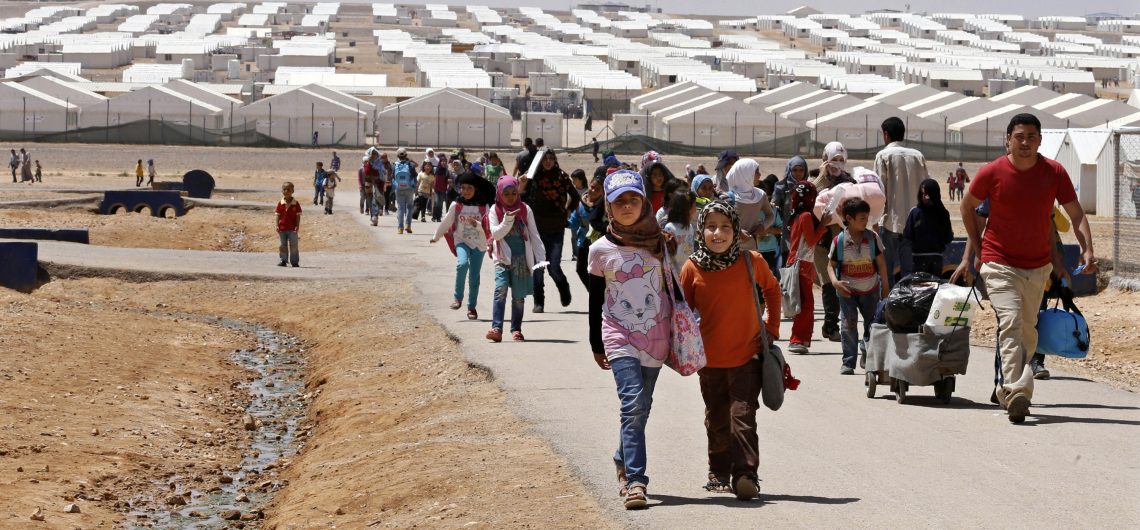
On March 24, 2019, the US-backed Syrian Democratic Forces (SDF) announced the capture of Baghouz, a .....
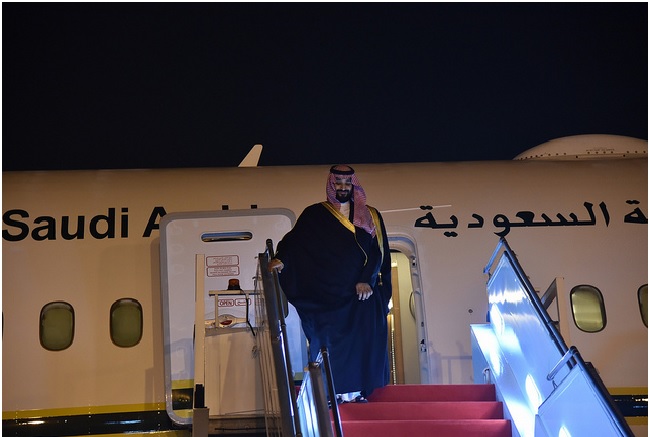
The visit of Saudi Minister of State for Foreign Affairs Adel al-Jubeir to New Delhi; close on the h.....
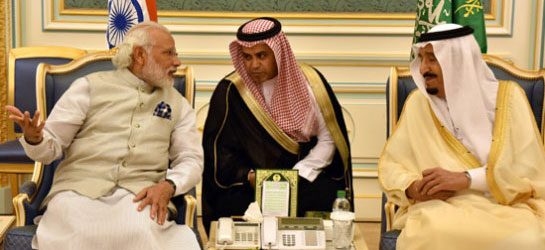
India and Saudi Arabia have increased defence and security cooperation in the fields of combating te.....
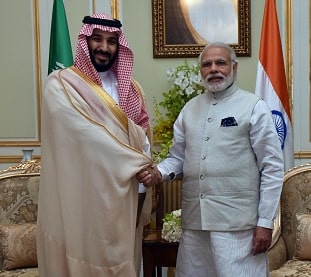
Economic and social reforms have emerged as the focus area in Saudi Arabia under the leadership of K.....
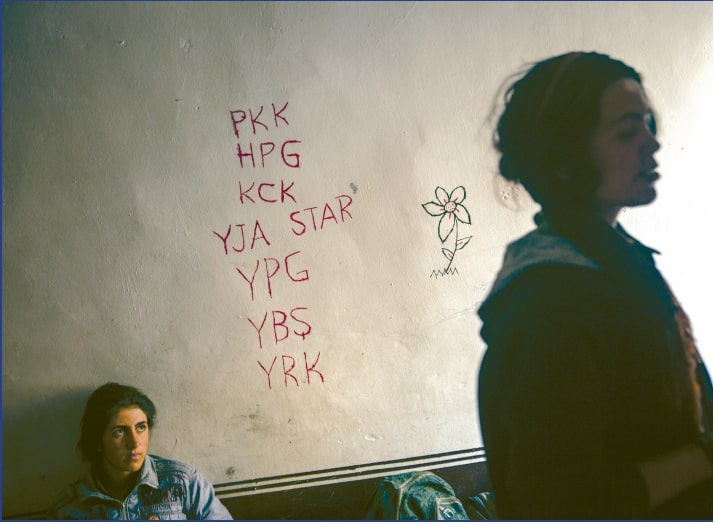
The US and Turkey are back on collision course over the Kurdish question in northern Syria. The late.....
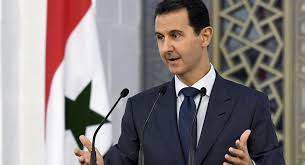
The Civil War in Syria has ravaged the country, took the life of nearly 500,000 people and has force.....

